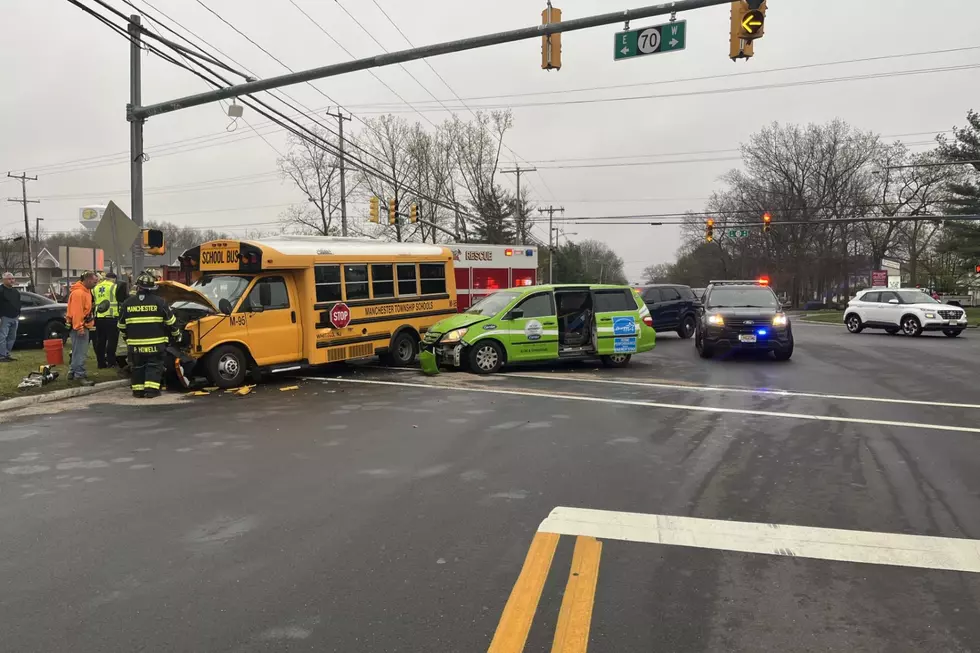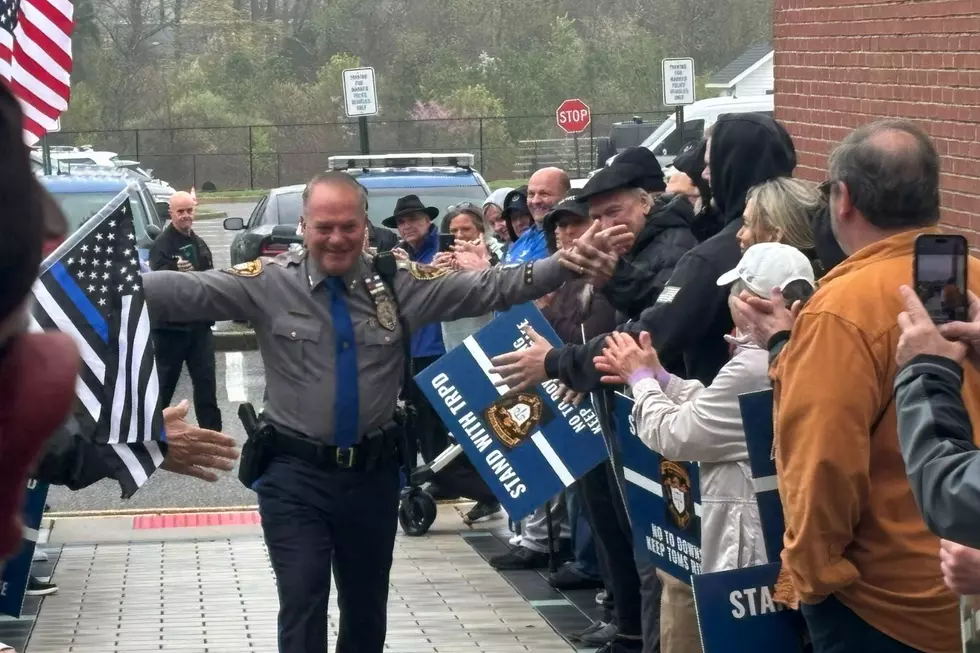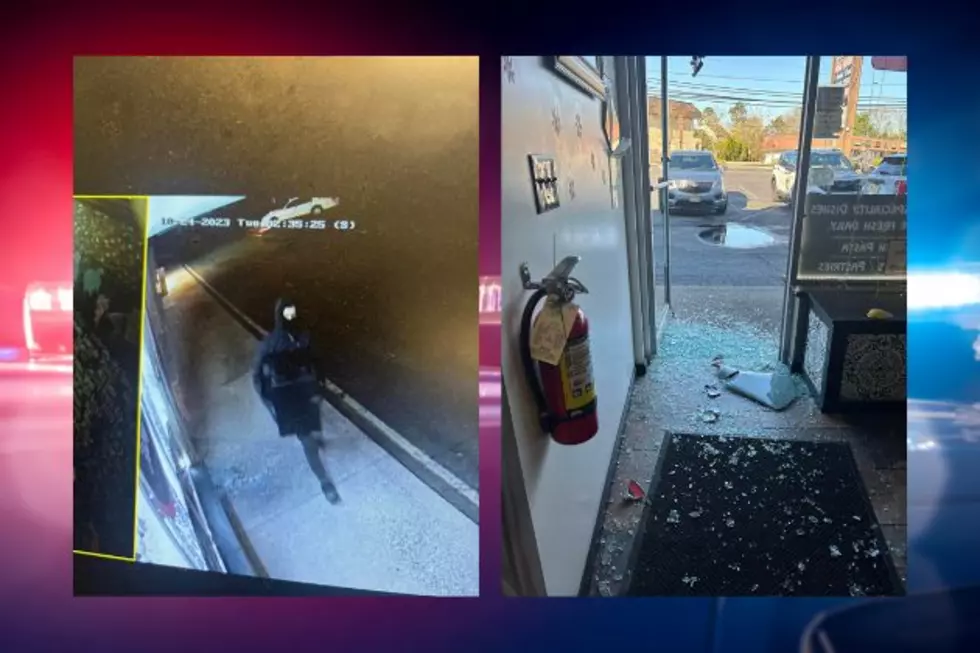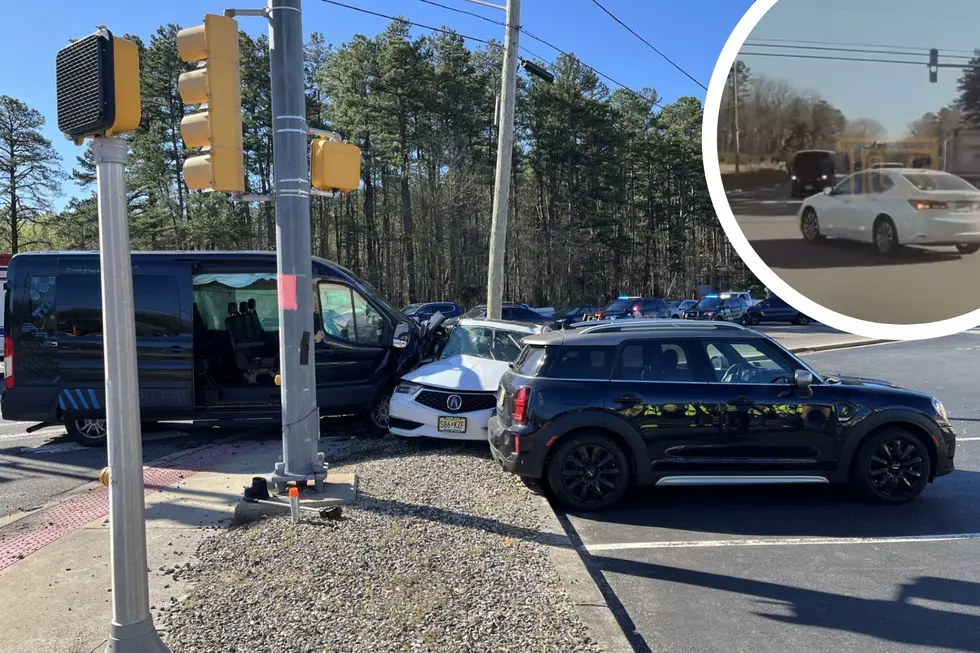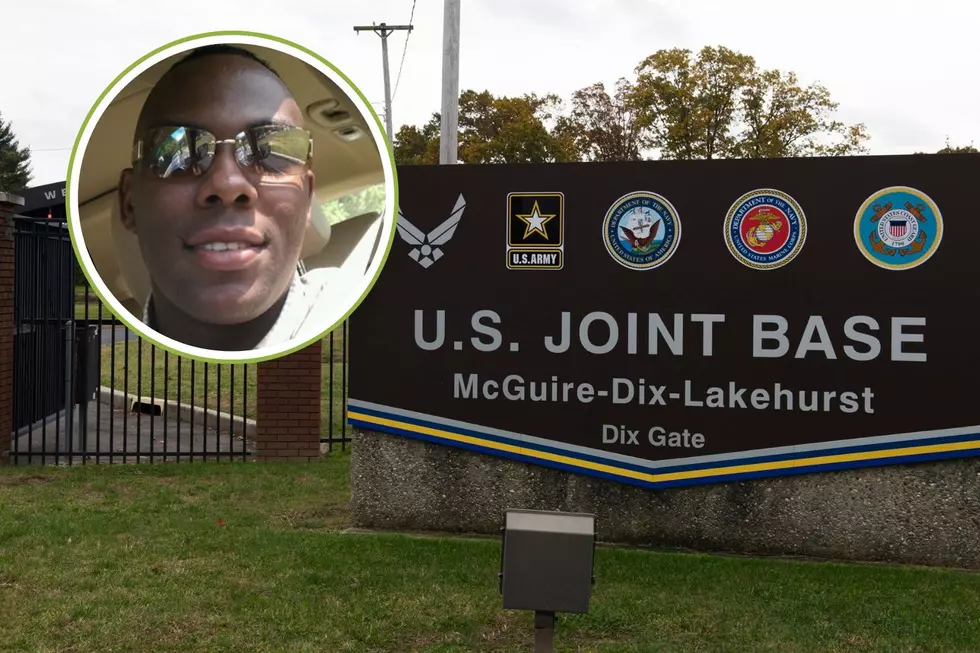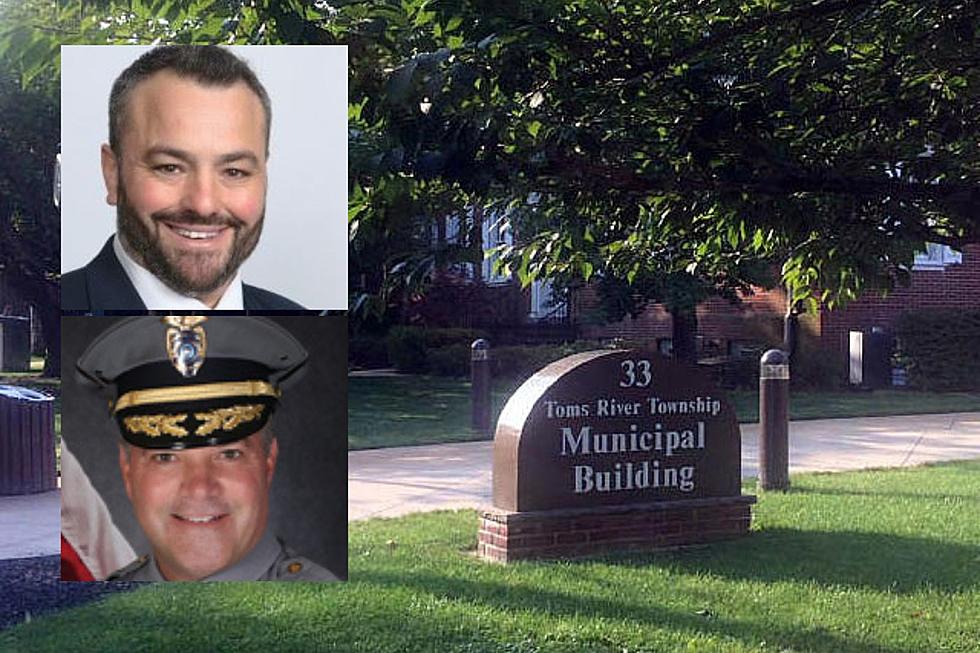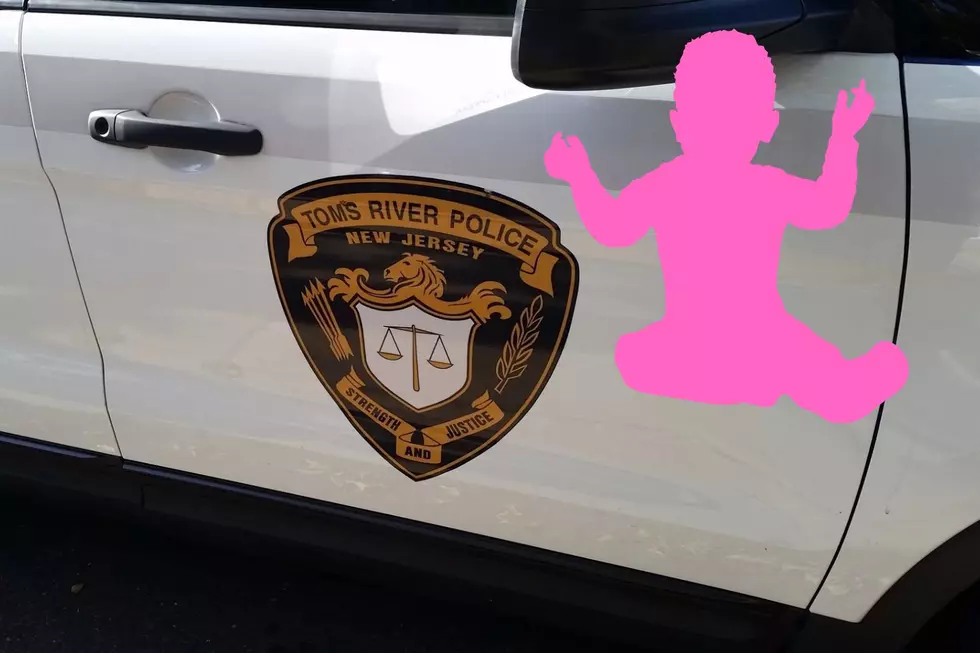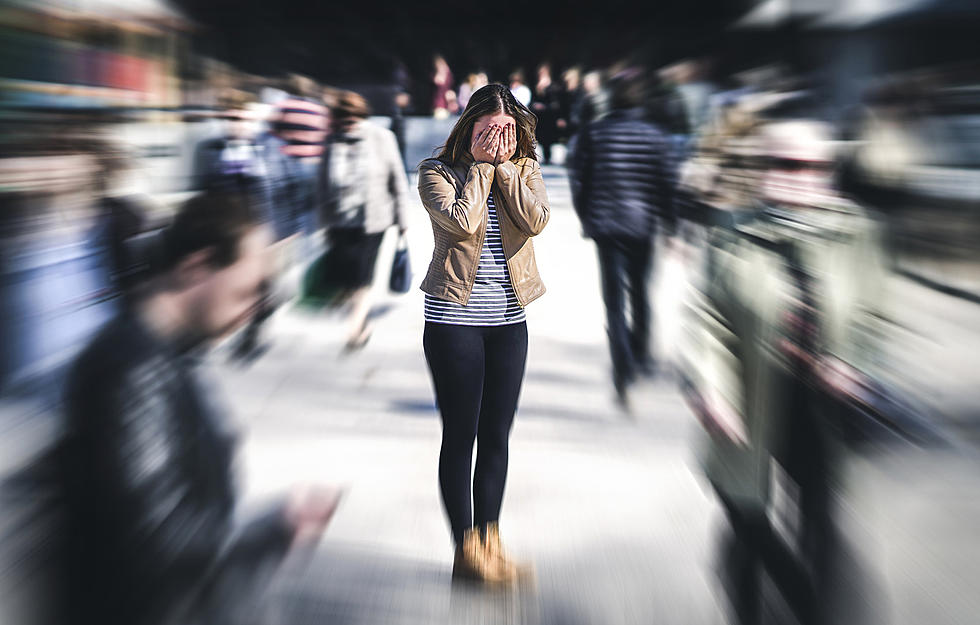
More mental health emergencies — NJ police are more prepared to respond
Over the course of just one month in Ocean County alone, mental health professionals accompany law enforcement on an average of 200 calls. And that monthly figure is even greater of late due to stresses caused by the coronavirus pandemic.
But it's not only the psychiatric screener that's trained on how to handle an individual in crisis mode. Through training in the county that's handled hundreds of police officers since its inception, law enforcement professionals are better equipped these days to assess individuals in crisis and calm what can be a tense a highly emotional situation.
"Now we try to de-escalate and get them some assistance, get the family some assistance," Ocean County Sheriff Michael Mastronardy told New Jersey 101.5.
Mastronardy said training on this subject was essentially nonexistent when he joined law enforcement in the 1970s.
"It was a matter of maybe taking the people and putting them in a local correctional facility, and certainly those days are long past us," he said.
But the goal today is to keep individuals with a mental illness out of jail or a hospital emergency room, advocates say. Responders may decide that the individual would benefit from a hospital visit or outpatient services.
"Safety is our No. 1 priority, and it's kind of weird for me to preach safety to a police officer, but I do that because you can't let your guard down," said Joe Cuffari, assistant vice president for psychiatric emergency services at RWJBarnabas Health.
RWJBarnabas runs a handful of state-funded screening centers in New Jersey, which were mandated by law in 1989, including the Psychiatric Emergency Screening Services program at Monmouth Medical Center Southern Campus in Lakewood. The PESS program there has trained more than 1,000 police officers and responded to about 2,400 yearly calls.
"We try to combat stigma, so we try to show that these patients are suffering from, really, a medical condition that messes with the biochemistry in their brain," Cuffari said. "And we try to incorporate what we call trauma-informed care."
Mastronardy cites an increase over the years in the number of calls involving someone in crisis. Such calls would be referred to PESS, which would then send an expert to the scene, to accompany law enforcement.
"The residents and the community are safer for it," Mastronardy said. "I would say that New Jersey is a leader in public safety, including mental health."
Contact reporter Dino Flammia at dino.flammia@townsquaremedia.com.
The 10 Most Stolen Vehicles In New Jersey
Answers to 25 common COVID-19 vaccine questions
More From New Jersey 101.5 FM

